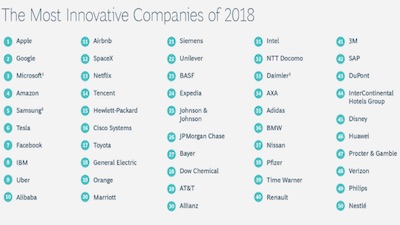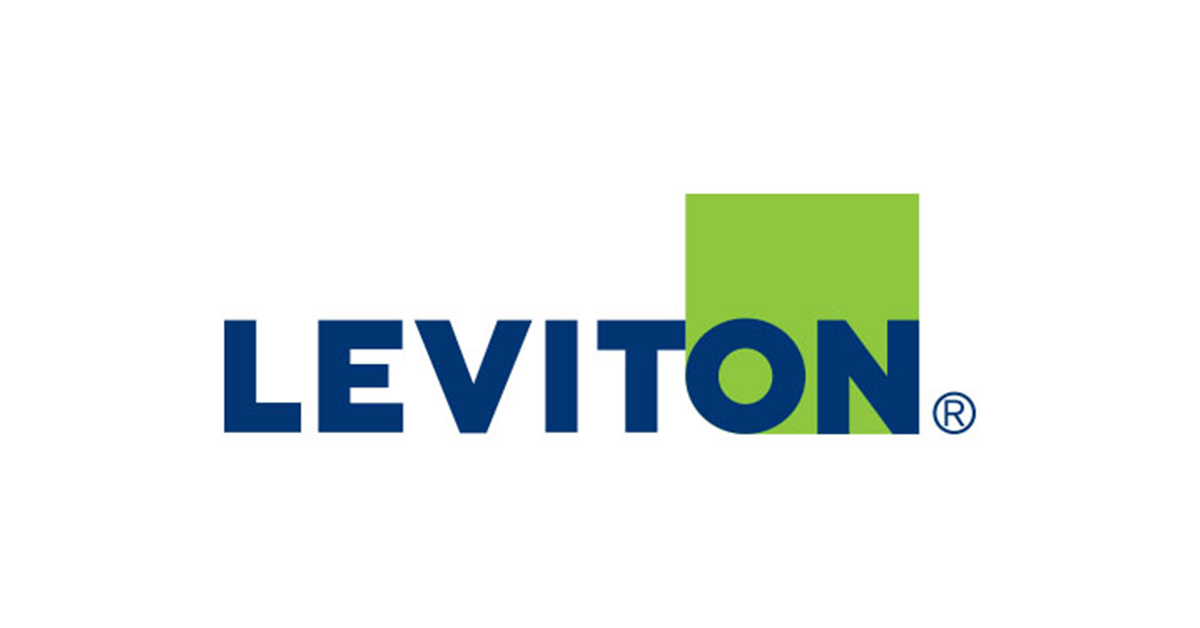Philips, 3M, Siemens, and GE Among 50 Most Innovative Companies 2018

Mar 9, 2018
Innovators are going all in on digital, according to the Boston Consulting Group (BCG) in its 2018 ranking of the world’s most innovative companies.
At leading innovators, R&D and new-product development have become digital endeavors, says BCG, a global management consulting firm and advisor on business strategy. Of the 50 companies named in its 2018 ranking of the most innovative companies, most if not all on the list have built digital technologies into their innovation programs. The trend is pervasive across industries, penetrating what were heretofore the most stolid and conservative businesses.
Like other aspects of digitally driven change, the shift to digital innovation is difficult. It requires executing big changes in strategy, operations, and organization, which affect the entire enterprise. Little surprise, then, that an innovation digital divide has opened up — and threatens to widen — between leaders and laggards. While 79% of strong innovators reported that they have properly digitized innovation processes, only 29% of weak innovators made the same claim. More than one-third of survey respondents said that digitized processes aren’t really doing much for their company, a sign that they haven’t yet found a way to embrace the new possibilities.
In this year’s report on the most innovative companies, BCG examines the state of digital innovation and what it takes for companies to refocus their innovation programs around this aspect of the digital imperative. While North America remains the most highly represented region, with 27 companies, Europe strengthened its showing substantially with 16 entrants, up from 10 in 2016. The travel and transportation sector has expanded its presence as some companies, including Uber, Airbnb, and SpaceX, demonstrate the disruptive potential of digital technologies and digital business models wielded in combination.
The importance of speed in adopting new technologies has gone from near last place to fourth. Speed also used to be last in terms of the number of companies pursuing it as an innovation strategy; it is now tied for third. Strong innovators understand that successful digital transformation requires excelling in three fundamental areas: speed, scale, and value.
Strong innovators are far more likely to use big data and advanced analytics throughout the innovation process than weak innovators, which struggle to leverage data analytics effectively. Strong innovators also consistently use multiple sources of data, originating both internally and externally. Almost three-quarters of strong innovators, compared with less than 20% of weak innovators, reported that new projects or ideas for growth come from social media or data mining.
Strong innovators are more than twice as likely to use outsourcing to access the right capabilities, something that is frequently necessary for companies that do not have all the requisite digital skills in-house. They are also more likely to have properly digitized innovation processes. And it comes as no surprise that far more strong innovators than weak ones are satisfied with their return on investment (90% versus 24%).
Read the full report: http://image-src.bcg.com/Images/BCG-Most-Innovative-Companies-Jan-2018_tcm9-180700.pdfes-Jan-2018_tcm9-180700.pdf











